I recently spoke with a friend of mine. I learned that he is working on ‘triage’ at a Boston hospital in this pandemic. I didn’t know what that meant and looked it up. It read “the assignment of degrees of urgency to wounds or illnesses to decide the order of treatment of a large number of patients or casualties.” That reminded me of a story and I wrote:
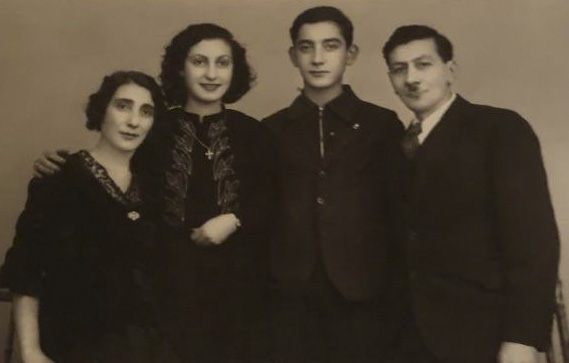
Dear Ed,
Concerning triage, my grandfather, Maksut Mardikyan (my father’s father), was in the Ottoman-Turkish army in World War I. Armenians, Greeks, Jews, Levantines (Roman Catholic Italian speakers) and all non-Muslim minorities were not allowed to carry or possess guns, although they were real citizens. They were perhaps thought to be spies; a non-Muslim was untrustworthy! (That changed later after the Genocide because only few remained.)
The Gallipoli campaign began with a failed naval attack by British and French ships on the Dardanelles Straits in February to March 1915. It then continued with a major land invasion of the Gallipoli Peninsula on April 25 involving British and French troops, as well as divisions of the Australian and New Zealand Army Corps (ANZAC). Mustafa Kemal, the Turkish commander, caught them by surprise at a bad landing spot, a high cliff above Gelibolu, once a Greek city called Kallipoli (beautiful city)! He relentlessly bombarded them. It is one of the worst loss-of-life disasters in war history. I have visited the area. The tombstones are in the hundreds, maybe thousands, in fields overlooking the sea. It is a very powerful place to visit.
My grandfather’s duty was to carry wounded soldiers either to the graveyard or to a makeshift dispensary. They were all bloody, some with body parts missing. There was a triage for each one by a Turkish official, of course. He decided where they were to go and what color ribbon was to be put on each of the soldiers. Blue colored ribbons were meant for the dispensary; pink meant being left to die. My grandfather obeyed and carried the wounded back and forth while the bombardments went on. One time, my grandfather was carrying a heavily wounded soldier to the graveyard (first they let them die, of course). The soldier begged him not to take him there. My grandfather quietly changed the color of the ribbon and took him to the dispensary.
The Gallipoli campaign took about a year. The same night of 24-25 April 1915 when Allies were invading, about 270 Armenian leaders of Constantinople—clergymen, physicians, editors, journalists, lawyers, teachers, politicians and some other important figures—were arrested upon instruction by the Ministry of the Interior of the Young Turks. They were immediately exiled or killed. The rest of the Armenians in Thrace and Anatolia were eliminated by either outright killing or by forced deportations—often resulting in death—right afterward; 1.5 million of them vanished from today’s Turkey. The process of killing and deportation lasted a few years. While my grandfather was at war, Constantinople Armenians, including his family, were lucky in being neighbors of many foreign embassies, whose presence protected them.
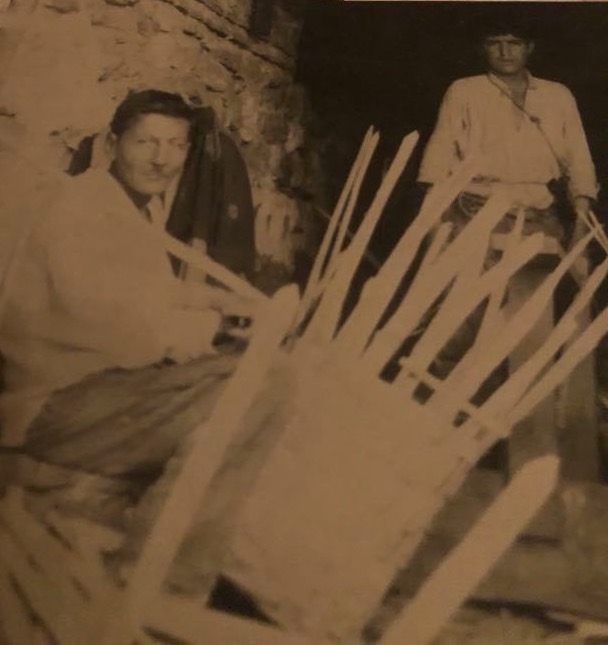
When World War I ended in 1918, Constantinople (now Istanbul), where my grandfather lived, suffered severe famine. Grandfather was saved in the war and missed the deportations, but he had three children and a wife to feed. His work was as a weaver of baskets for porters and lobster catchers. The pay was very poor and the labor heavy: a few cents for a basket which took many hours of work. He was struggling to feed a family of five. One day, a man came to his shop. He said, “I have been looking for you for a long time.” He brought my grandfather chicken, eggs and some other food. And his gratitude. My grandfather had changed his triage ribbon! He continued to visit on special holidays bringing food.
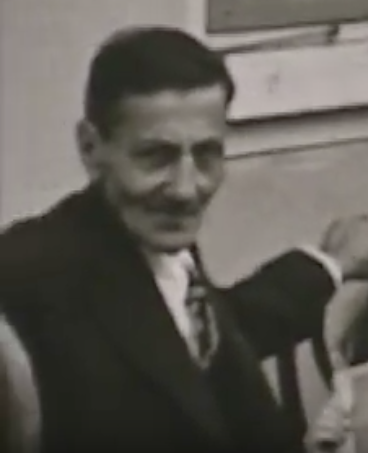
My grandfather was almost deaf. It might have been from the bombardments. We will never know. He smoked a pack of heavy-duty cigarettes a day, and not the filtered kind. We had an old house in the Osmanbey neighborhood of Istanbul: Suleyman Nazif Street, no. 63. When I was very young, he still wove baskets in the damp, dark, low-ceilinged basement. I was a very naughty boy. I used to hide his things and tease him. I wanted him to talk and play with me. I watched him at work. First, he would soak long, thick tree branches in a large cement water basin and then hit them hard with an L-shaped knife, then slice them to the right thickness. Very hard work. It might have been a part-time job, since my father supported him and his wife, my grandmother. They lived two doors down from us in a rented room in an old house. It smelled old when I entered. I was 6 to 10 years old then. He always looked depressed and only talked when really necessary. He would go to the fish market and buy a small amount of lakerda (preserved bonito fish) with a quarter of a red onion, wrapped in a piece of newspaper. Then he would open it and eat with the few teeth he had. He was always thin. He would walk and buy the Armenian newspaper every afternoon and read it without needing glasses. After my grandmother died, he slept most of the day, moving in with my aunt, his daughter, downstairs in the same house where we lived above. He died from throat cancer in the early 1970s in the Armenian hospital in Yedikule. He was 87 years old. He is buried in the Armenian cemetery in Sisli.
We had never heard his war story, of course, until I migrated to Los Angeles in 1981. His sister Haigouhi Mardikyan Harutunian, who had immigrated from Romania (where she had gone as a young woman with her husband from Constantinople—another story), told it to me one day as I sat by her bedside. She was fun, a good storyteller and quite a character.
Yours,
Levon
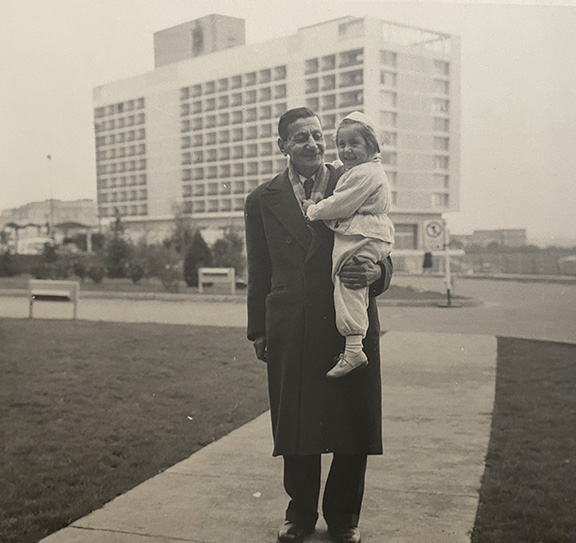


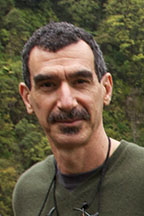
Changing the ribbon from blue to pink during triage saved a life. I will never forget that image.
I shall never forget the image I have of your grandfather changing the ribbon during triage, thereby saving the young man’s life
A very touching story filled with the sadness of ethnic prejudice and murder. Thank you for preserving Armenian history, and thanks to Mr. Mardikyan for opening the doors to his family, and for sharing precious photos.
Dear Levon. I just read the story of your grand father. Very touching indeed. Thanks for sharing. With your permission, l would like to have it published in our quarterly AGBU magazine. Kind regards. Vrej